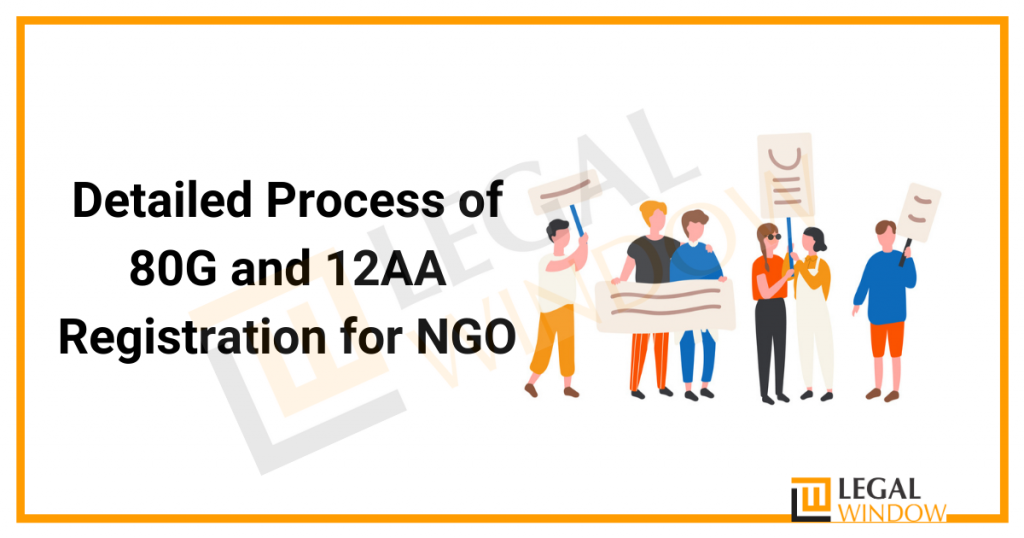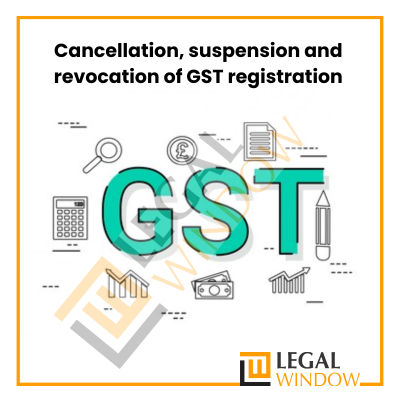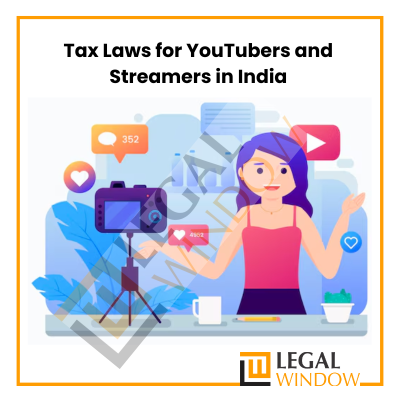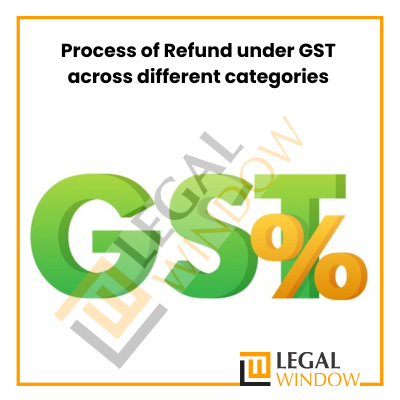A Non-Governmental Organization (NGO) is a non-profit group that gathering freely of any Government. NGOs, infrequently called civil societies, are organized on body, national and international scale to serve a social or political aim such as humanitarian causes or the environment. Often set up by common citizens, NGOs may be funded by Governments, foundations, trading, or private persons. NGOs are intensely miscellaneous groups of organizations busy in a wide range of activities and take different forms in different parts of the world.

Classification of NGOs
NGOs are classified based on the following levels, which are as follows: –
By the Level of Orientation
- Charitable Orientation
- Service Orientation
- Participatory Orientation
- Empowering Orientation.
By the Level of Operation
- Community-Based Organization
- City Wide Organization
- National NGOs
- International NGOs.
Types of NGO Registration
In India, an individual is free to execute social activities without structuring an entity. An individual wants to form a group that involves participants, activities, and resources, it is essential to have proper management in place.
To run the NGOs in the form of (Companies, Trusts, and Societies) in an accurate manner, a different set of rules need to be followed. To register any of the below-stated ways, an applicant must follow the different laws. NGO registration can be completed in three ways: –
- Trust Registration under “The Indian Trust Act, 1882”
- Society Registration under “Societies Registration Act, 1860”
- Section 8 Company Registrations under “The Companies Act, 2013”
What is Section 80G?
An NGO can take income tax exemption by getting itself registered and complying with some other formalities, but such registration does not endow any gain to the persons making donations. The Income Tax Act 1961 has few provisions which offer tax benefits to the “donors”. All NGOs should take the advantage of these provisions to attract probable donors. The person or the organization making a donation to the NGO will get a deduction of 50% from his/its taxable income if an NGO gets itself registered under section 80G.
What is Section 12AA?
Applicable for any government funding if an NGO gets registered under 12AA and 80G. Section 12A and 80G is of a mighty ease. If NGOs gets registered under section 12AA then its do not have to pay tax for the entire lifetime. At the same time, the corporate and the ministries opt to give donations to those who are having 12AA and 80G registration.
Benefits of Registration Section 80G:
- As a society by law, 80G certification makes your NGO become a promising prospect and enhances the value of the organization and confidence of those associated with it.
- It effectively enables a donor to not just feel good about making a donation for a cause but also reap the tax advantage of lowering taxable income associated with it.
- Only an NGO registered under both 12A and 80G is eligible for availing government funding.
- Getting an 80G registration also helps in seeking foreign contributions.
Benefits of Registration u/s 12AA:
- The income applied for charitable intention will be considered as application of income i.e. expenditure incurred for charitable or religious intention will be allowed while computing income of the trust.
- The benefit of accumulating or setting aside of income not exceeding 15% for charitable or religious intention will be available.
- The accumulation of revenue, which is deemed as application of income as per section 11(2), shall not be included in the total income.
- NGO’s receives different grants from Government and variant agencies. They are deserved to get grants and financial funding from different agencies. These agencies generally make grants to 12A registered NGO’s.
- Benefit in Section 80G registration. NGO’s must apply aside for Section 80G registration.
Different privileges available to NGO about tax exemption
In India, the different privileges are available to NGO/Charitable Trust’s about tax exemption. As per section 11 of income tax act, 1961 the NGO’s got different tax exemption benefits with respect to its income/donation, like:
- 15% of income/donation is blindly exempt whether the above income applied for charitable purpose.
- Voluntary contributions/donation made with a specific direction that they shall form part of the corpus of the trust is wholly exempt.
- Donor of NGO will get deduction with respect to the donation made to such NGO.
- and there are many mores.
To avail such benefits, the NGO/ charitable trust has to register themselves with income tax under section 12A, Section 12AA & Section 80G of income tax act, 1961.
Document Required for Section 80G
- Registration Certificate
- MOA /Trust Deed
- NOC from the proprietor of the land where the registered office is situated.
- Copy of the Pan Card of the Trust/Institution.
- Copy of electricity bill, house tax receipt, or water bill.
- Proof of welfare activities pursued.
- Progress Report since the foundation of the NGO or for the previous 3 years
- The statement of accounts and balance sheet since the foundation/previous 3 years
- List of contributors along with their address and PAN.
- List of governing body of trustees with their contact details
- Copy of registration granted under section 12A or copy of notification issued under section 10(23) or section 10(23C)
Document Required for Section 12AA
- Dully filled in Form – 10A for registration u/s 12A registration.
- Dully filled in Form – 10G for registration u/s 80G registration.
- Registration Certificate and MOA /Trust Deed (two copies – self attested by NGO head);
- NOC from Landlord (where registered office is situated, if rented);
- Copy of PAN card of NGO.
- Electricity Bill / House tax Receipt /Water Bill (photocopy);
- Short note on the activities of the trust and evidence of welfare activities carried out & Progress Report since inception or last 3 years.
- Books of Accounts, Balance Sheet & ITR (if any), since inception or last 3years.
- List of donors along with their address and PAN (If Any);
- List of governing body/board of trustee’s members with their contact details along with copy of PAN;
- Original RC and MOA / Trust Deed for verification (The same will be return to you after verification);
- Affidavit / undertaking by NGO Head.
Process of Registration of Section 12AA
- Apply for PAN card, This will the birth of Trust in the eyes of Income Tax Department.
- On compiling the above documents with covering letter, the responsible person shall submit the documents before Commissioner of Income Tax within which NGO jurisdiction lies.
- NGO will receive notice for clarifications from Income Tax Department in 2-3 months after applying.
- Reply of notice will be submitted by the responsible person of NGO along with all relevant desired documents to the Income Tax Departments.
- Exemption Certificates will be issued.
Time Limit of Passing Order of Section 12AA
The order granting sanction under section 80G (5) or rejecting the application shall be passed within the period of six months from the end of the month in which such application was received.
In computing the period of 6 months, any time taken by the applicant in not complying with the side of the Commissioner shall be left out.
Conclusion
NGOs with 80G Certification attract more donors for donating funds to the entity. If NGOs do not get such registrations, they are subjected to usual Tax Rates. Furthermore, attracting donors for donations becomes difficult. By getting registered under 12AA NGOs do not have to pay tax for the entire lifetime. Trusts and company who does not earn a gain through working are comfortable under this act. Charitable trusts and organizations along with people who donate their incomes up to 50% can benefit under this section of the Income Tax Act.
LegalWindow.in is a professional technology driven platform of multidisciplined experts like CA/CS/Lawyers spanning with an aim to provide concrete solution to individuals, start-ups and other business organisation by maximising their growth at an affordable cost. Our team offers expertise solutions in various fields that include Corporate Laws, Direct Taxations, GST Matters, IP Registrations and other Legal Affairs.
Categories
- Agreement Drafting (23)
- Annual Compliance (11)
- Change in Business (36)
- Company Law (147)
- Compliance (88)
- Digital Banking (3)
- Drug License (3)
- FEMA (17)
- Finance Company (42)
- Foreign Taxation (6)
- FSSAI License/Registration (14)
- GST (116)
- Hallmark Registration (1)
- Income Tax (199)
- Latest News (34)
- Miscellaneous (164)
- NBFC Registration (8)
- NGO (14)
- SEBI Registration (6)
- Section 8 Company (7)
- Start and manage a business (20)
- Startup/ Registration (126)
- Trademark Registration/IPR (40)
Recent Posts
About us
LegalWindow.in is a professional technology driven platform of multidisciplined experts like CA/CS/Lawyers spanning with an aim to provide concrete solution to individuals, start-ups and other business organisation by maximising their growth at an affordable cost.







